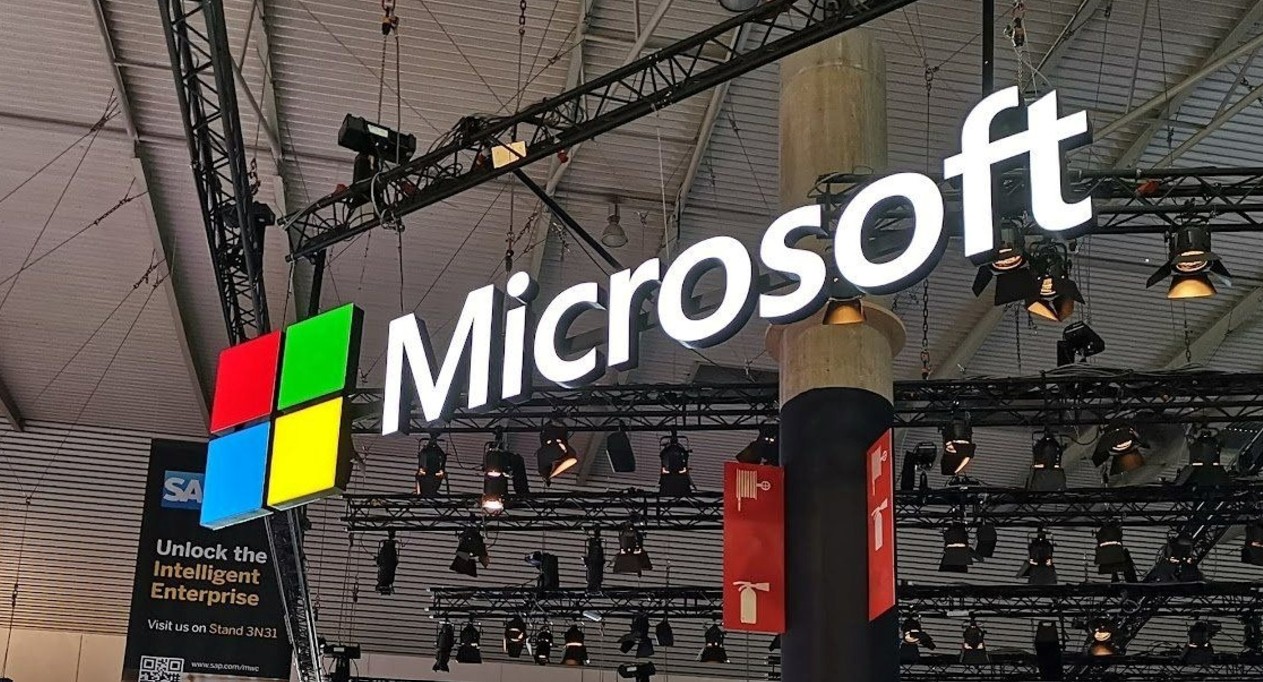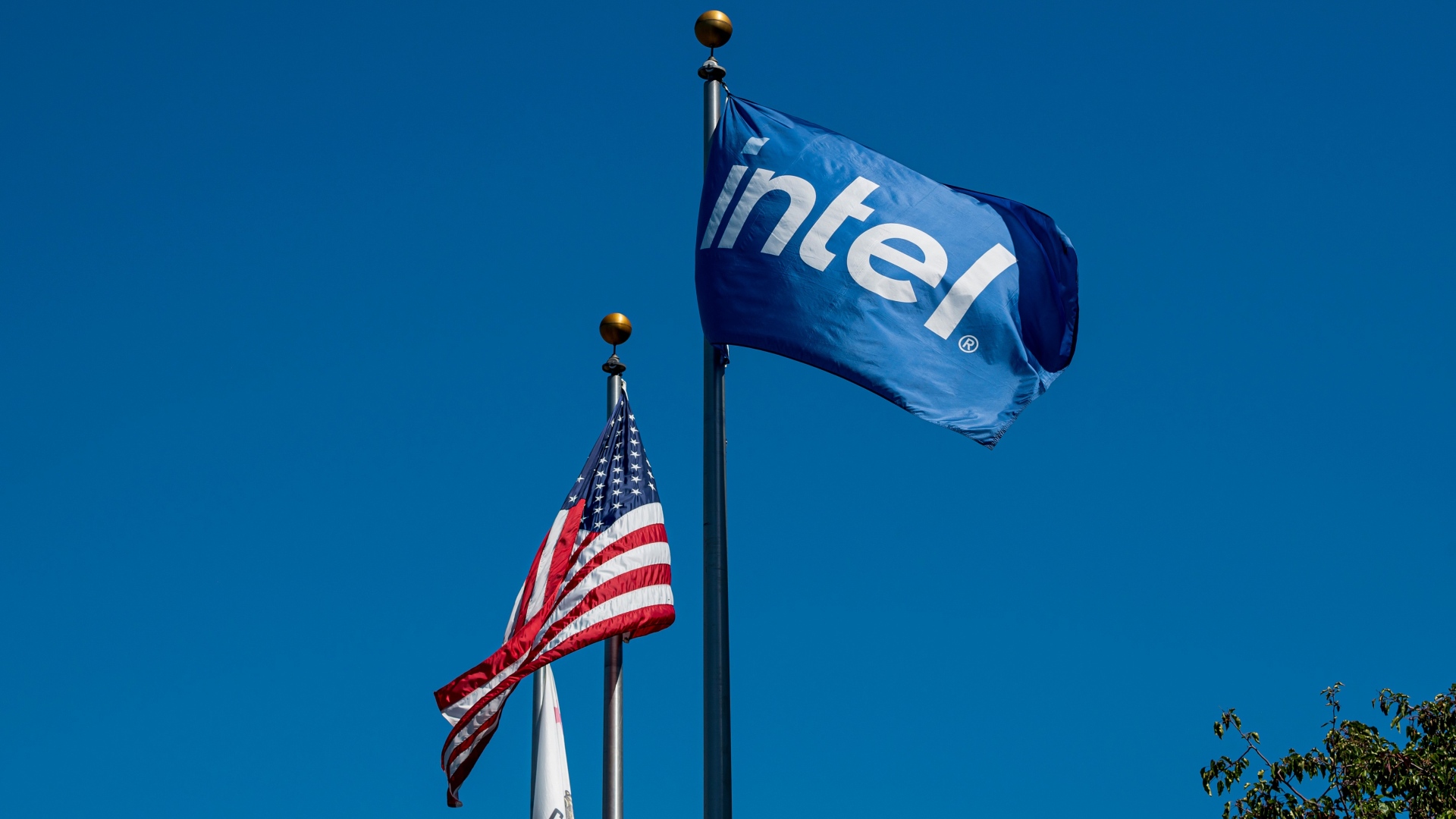FTC Chair Lina Khan fires a parting shot at Microsoft: The United States Federal Trade Commission has opened "broad" antitrust investigation into Microsoft's entire business
Lina Khan departs in January 2025, which begs the question as to whether or not anything will come of this latest FTC vs. Microsoft scuffle.

FTC Chair Lina Khan really doesn't like Microsoft.
Lina Khan was instrumental in attempts to block Microsoft's acquisition of Activision-Blizzard in yesteryear, spending millions of dollars on hearings in attempts to scupper Xbox's deal to acquire the Call of Duty maker. All of Khan's arguments against the deal have fallen apart post-merger, with Microsoft's promises to keep Call of Duty multiplatform with parity on other platforms obviously being true. Microsoft also placed Call of Duty and other Activision titles into Xbox Game Pass as promised, lowering costs to consumers by a huge amount. And everybody lived happily ever after, right? Well, not quite.
Perhaps dissatisfied with her performance over Activision-Blizzard, Khan has now opened up a fresh antitrust probe into Microsoft's business practice, per Reuters. Microsoft itself has yet to comment on this latest legal headache, which reportedly revolves specifically around Microsoft's cloud business and its cybersecurity arm. Lobbying groups that represent cloud competitors like Google, Amazon, and Oracle have decried Microsoft's Azure platform, in particular how it bundles added benefits like Office and Outlook in exchange for switching platform. Microsoft has also been accused of making it unnecessarily difficult to switch providers, locking customers into its services rather than deal with the headaches involved in switching.
There's a wide array of interest in tech monopolies right now in the United States. Google itself is potentially facing having to sell off Chrome and perhaps even Android itself, owing to a search and ad monopoly accusation from a Federal Judge. The FTC is also investigating Amazon's retail arm, alleging that the firm uses its dominant market position to inflate prices both for consumers and third-party sellers. Apple has also been accused by the United States Department of Justice back in March 2024 for maintaining a monopolistic grip on the smartphone market, using its platform to dominate mobile payments and inflate prices via its App Store policies.
🔥The hottest Black Friday deals🔥
- 🎮ASUS ROG Ally (Ryzen Z1) | $349.99 at Best Buy (Save $150!)
- 💻Surface Pro 11 (X Plus) | $899.99 at Best Buy (Save $300!)
- 📺HP Curved Ultrawide (34-inches) | $299.99 at Best Buy (Save $180!)
- 💽WD_Black Xbox Series X|S Card (1TB) | $99.99 at Best Buy (Save $50!)
- 💽AMD Ryzen 5 7600X + free SSD (1TB) | $194.99 at Newegg (Save $74!)
- 🖱️Razer Basilisk V3 Wired | $39.99 at Best Buy (Save $30!)
- 💽WD_BLACK M.2 2230 SSD (2TB) | $179.99 at Best Buy (Save $60!)
Is Microsoft in trouble?
Microsoft and other so-called "Big Tech" companies face an uncertain future in the near term. With Donald Trump winning the United States election, it's likely that the FTC landscape will look very different in the coming months. Khan herself is set to exit, likely to be replaced with a Republican, who are historically pro-business and in favor of de-regulation. However, the X-factor here (haha, pun) is X owner and Tesla CEO Elon Musk. Trump-aligned Musk is set to take up an unusually high-ranking position in the United States government for a tech CEO, while also potentially having an unusually large degree of influence over future policy. Musk is directly competing with Microsoft in some vertices, particularly in AI, given that he's building his own xAI company in opposition to Microsoft and its partnership with OpenAI. Musk has spoken publicly against Microsoft, and in fact, has named them in a lawsuit against OpenAI in the past few weeks.
RELATED: Microsoft and Google scrap over the Xbox Android game store
Typically, you might expect Trump to dismiss such lawsuits against Microsoft. Microsoft remains among the upper echelons of United States economic might, employing hundreds of thousands and generating billions in revenue globally for its largely U.S.-based shareholders. It's the Democrats and the political left who are typically associated with regulations on businesses, at least outwardly. Many Democratic and Republican officials both have large holdings in companies like Apple, Google, and Microsoft, with firms enjoying a relatively light touch over the past decade. But, with companies lobbying for Donald Trump's approval and drawing political lines in the sand, it seems at least plausible that some of these antitrust complaints across various companies could move forward to bait out politically beneficial concessions. Trump has publicly attacked Google in the past for perceived favoritism in its news algorithms, and Musk has also attacked Apple over its App Store fees and its advertising boycott on X.
Get the Windows Central Newsletter
All the latest news, reviews, and guides for Windows and Xbox diehards.
Microsoft also has significant contracts with the United States government, ranging from email provision to military contracts for devices like HoloLens. Microsoft's email services famously failed earlier in the year, where Russian state-backed hackers breached its systems and gained access to government official's documents. CEO Satya Nadella oversaw a huge security shake up in the wake of that hack, but things like that, coupled with the CrowdSource issues over the summer, could be raised as talking points in this probe.
How all of this plays out remains to be seen, but it'll likely not be particularly pretty either way. Microsoft shares were down 1% in after hours trading on the news, although shareholders seem generally unconcerned, at least for now.
🍁More great Black Friday deals🦃
- Best Buy: Big savings on video games, accessories, and more
- Walmart: Early savings on practically everything
- Target: Live deals on a huge range of products
- Dell: Top deals on laptops, gaming PCs, accessories, and more
- HP: Save big on laptops, desktops, accessories, and more
- Lenovo: Doorbuster deals on all Lenovo PCs, monitors, accessories, and more
- Newegg: Save on PC gaming accessories, components, and more
- Razer: Take advantage of free shipping for a limited time
- Samsung: Holiday deals on laptops, TVs, phones, and more are live
- Amazon: Constantly rotating sales on everything you can imagine

Jez Corden is the Executive Editor at Windows Central, focusing primarily on all things Xbox and gaming. Jez is known for breaking exclusive news and analysis as relates to the Microsoft ecosystem while being powered by tea. Follow on Twitter (X) and Threads, and listen to his XB2 Podcast, all about, you guessed it, Xbox!
